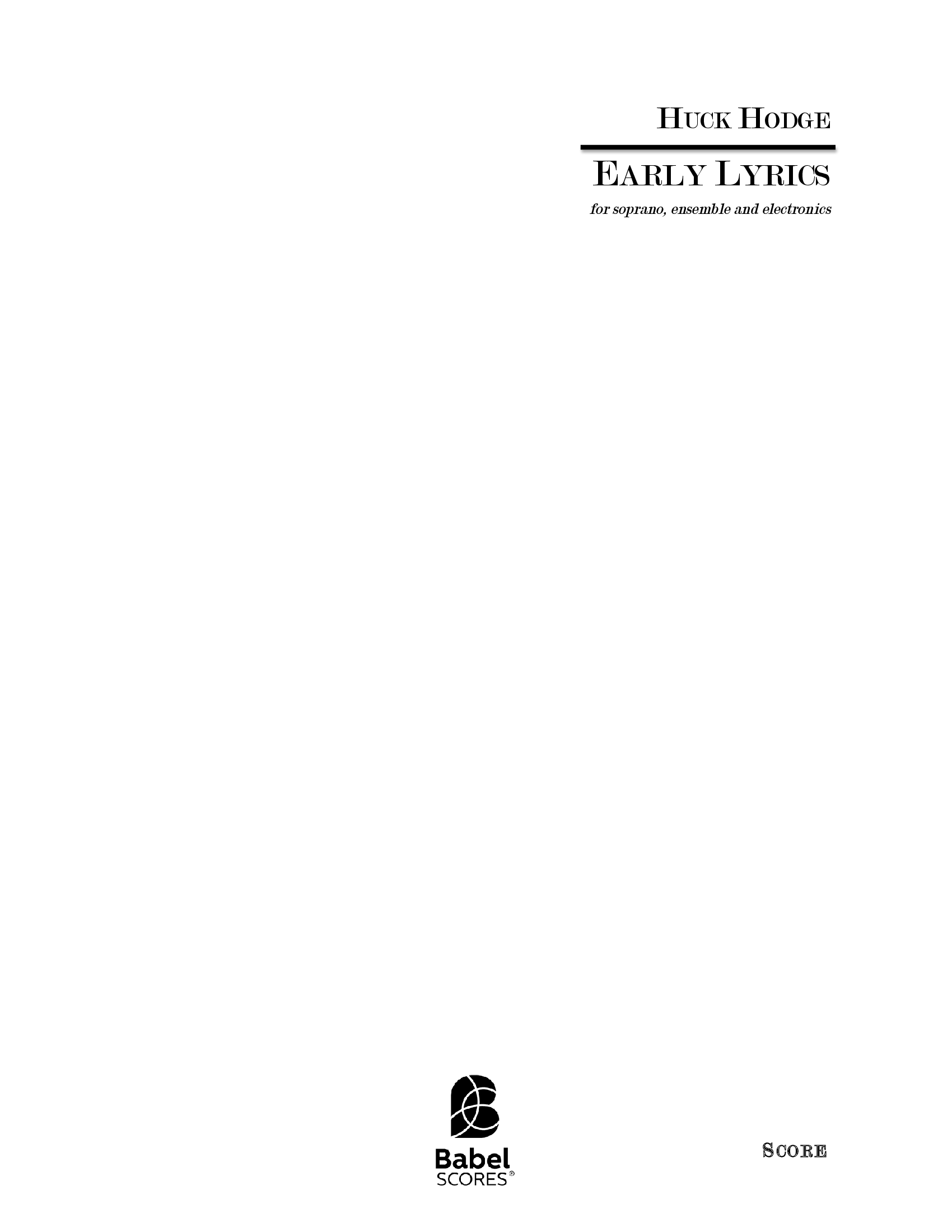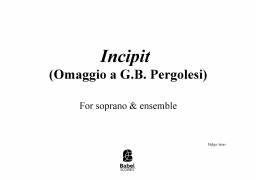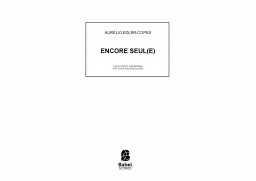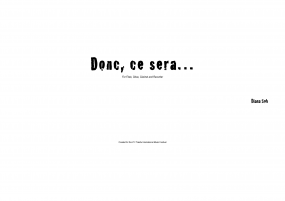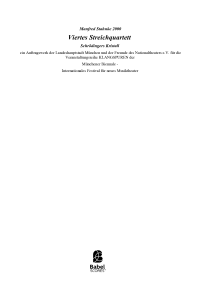Early Lyrics
ISMN : 979-0-2325-3716-0
- Identifiez-vous pour créer une liste
The early work of Korean poet So Chong Ju, known also by his pen name Midang, made an indelible impression on the Korean reading public with its iconoclastic use of sound and imagery. His self- acknowledged debt to Baudelaire and Nietzsche is recognizable in the brutally sensuous imagery running throughout Flower Snake Poems. But this sensuality is often also viewed in its darker aspect as a product of the prison of mortality. Thus it is during this period that Midang’s poetry developed into a rediscovery of the spiritual world of Shamanism and Buddhism deeply entrenched in the traditional Korean culture.
In the first song, a leper, this sense of imprisonment is translated into a circular pitch space. Gradually, the vocal part moves from a plaintive lament to the depiction of a demonic monstrosity, but the ferocity of the lament is in vain; it ends in the same place it began.
The second song, a fragment, depicts the passage from nothingness to the world of sense (the wind, frost, myself) in pursuit of the world of pure spirit (that marvelous day). Musically, this is depicted by a series of ever rising harmonic collections, the passage from noise to pitch and by the interaction between the voice and flute. The flute constantly plays in ornamented heterophony with the voice depicting a sort of heightened spiritual state. By the end the two become merged timbrally, the flutist singing through the instrument, to depict the convergence of the worlds of sense and spirit.
The two songs form binaries on many levels: darkness/light, stasis/motion, the corporeal/the spiritual. Originally I had intended to set these poems in the wonderful English translations by Brother Anthony of Taizé, but the original Korean settings won me over with their brilliant use of sharp consonants and rich vowels.
Pages - 30

